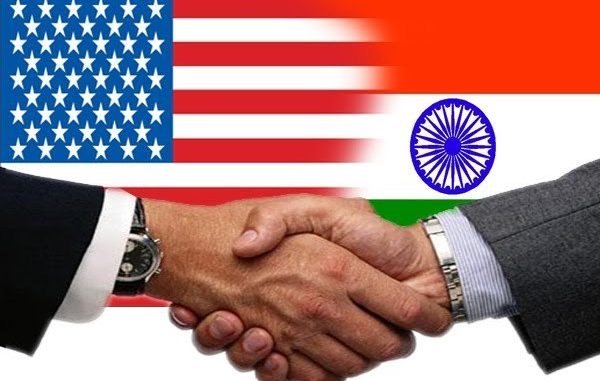
They have met over a cup of tea, strolled at the Martin Luther King, Jr. Memorial, and declared Indo-US ties to be stronger than ever before. But when President Barack Obama and Prime Minister Narendra Modi meet on June 7, the messaging should now be more than photo-ops. They should have a serious conversation about how they can work towards protecting human rights.
Anxiety over stability in the Middle East and North Africa region is immediate for India because of its large number of migrant workers and significant fuel requirements. The US has contributed to the turmoil in the region, including with military support and weapons sales to Saudi Arabia, which has led a year-long air campaign in Yemen resulting in thousands of civilian deaths. The US airstrike son a hospital in Afghanistan has re focused attention on US violations of the laws of war in the region. And the US has done little to address serious human rights violations by key allies such as Bahrain, Israel and Pakistan. India should press the US to make sure its actions reflect its human rights pronouncements in the region.
When Modi addresses the US Congress, he should also be clear that the O ba ma administration still has to address the serious allegations of illegal detention sand torture as part of the US ‘war on terror.’
India, too, has some serious problems that need to be addressed during the dialogue.
Although it maintains a close security relationship with Bangladesh, India is silent while the Bangladesh government carries out a campaign of extrajudicial killings, enforced disappearances, and intimidation of media and civil society groups. It says little and does less to play a role in finding a solution to end the slaughter of civilian sin Syria.
Domestically, the Modi government has focused on the economy, promoting India as an attractive trade partner because of the potential of a vast market, the promise of liberalising reforms, and its democratic institutions. Yet those values are being challenged. Critics of the government are accused of sedition and anti-nationalism, prosecuted under repressive laws, and have to endure arrests or harassment. Civil society groups that play a crucial role in highlighting shortcoming sin policy implementation are starved of funds under the harsh and vague ly worded Foreign Contributions Regulation Act, even as the reason for the original law—to prevent Indian political parties from taking foreign funds — has now been relaxed. Vigilante groups that claim to be supporters of the ruling party have engaged in violent attacks on minorities to enforce their agenda. Dal its have come under attack, and ambitious policies to protect the rights of women and girls are yet to have an impact.
Both the US and India need to face these shortcomings. Modi and Obama should make a pledge that power should be used to protect the human rights of populations at risk. They should set a global example that democracies can act in their own interests while protecting peaceful dissent. They should not miss this chance to up hold those principles both at home and abroad.
Source: Hindustan Times

Leave a Reply